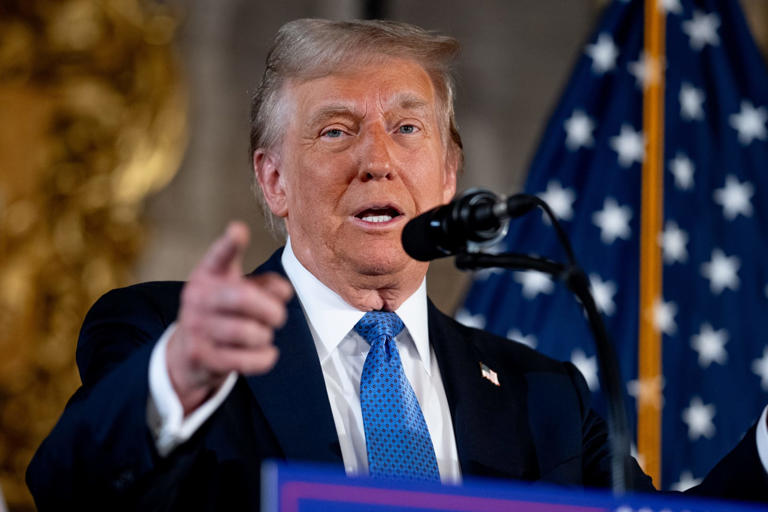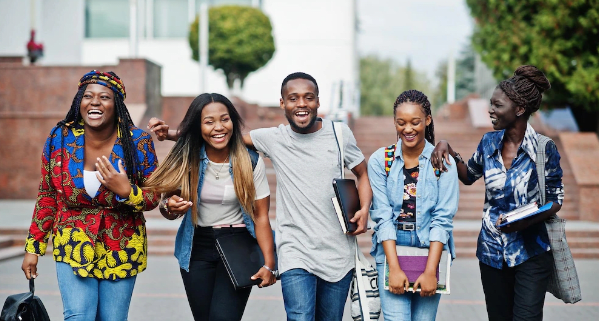
Edson Baraukwa | Africa Guardian

As the inauguration of Donald Trump approaches on January 20, 2025, concerns within the US university community are escalating over the potential revival of travel restrictions. Universities across the country are urging international students, particularly those from Africa and other regions previously impacted by Trump’s policies, to return to campus before the new administration takes office.
Why the Urgency?
During his first term, Trump introduced travel bans targeting predominantly Muslim countries, later extending these to include several African nations like Nigeria, Eritrea, Sudan, and Tanzania. Although President Joe Biden revoked these bans in 2021, Trump has pledged to reinstate and expand similar restrictions if re-elected, citing national security concerns.
Warnings from Universities

Over a dozen universities, including Harvard, Cornell, and the University of Southern California, have issued advisories urging students to return early.
- Cornell University: Advised students to return before January 21, the start of the spring semester, warning of potential delays and new restrictions.
- University of Southern California: Set a specific return deadline of January 13.
- Harvard University: Recommended students return before the Martin Luther King Jr. holiday.
Some institutions are also encouraging students to communicate with advisors about travel plans and prepare for potential disruptions.
Trump’s Travel Ban History
In 2017, Trump’s administration introduced a travel ban targeting citizens from seven predominantly Muslim countries, including Iran, Syria, and Somalia. Over time, the policy expanded to include African nations, affecting students and immigrants. Trump has signaled his intention to revive these measures, further limiting refugee resettlements and deporting individuals he deems a security threat.
Impact on African Students
Despite challenges like the COVID-19 pandemic, African student enrollment in US universities has seen significant growth:
- Nigeria leads with 17,160 students, a 22% increase over the previous year.
- Other countries with notable representation include Ghana (6,468), Kenya (4,059), and Ethiopia (over 3,000).
As uncertainty looms, international students, particularly from nations previously targeted by Trump’s travel policies, face heightened anxiety about their future in the US. Universities continue to emphasize the importance of early planning to mitigate potential disruptions.
___
